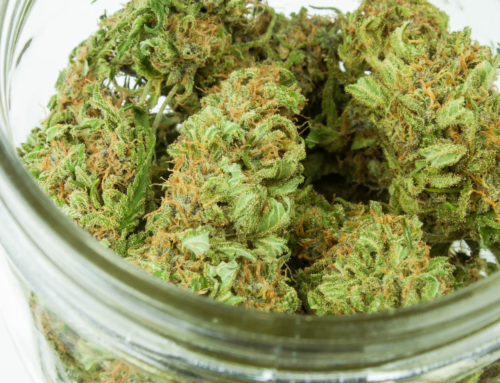Each state in the US has its own laws related to medical marijuana. Currently, 33 states have legalized its use. Some of these allow recreational use as well, such as California, Illinois, Nevada, and a few others.
But most states have their own medical marijuana programs with a set of requirements. However, most states allow the usage of medical marijuana to treat the following conditions.
Epilepsy and Seizures
Medical marijuana is widely popular for treating seizures and is legal for this purpose in almost all states. This is mainly due to the CBD (cannabidiol) content in marijuana, which is essentially a non-intoxicating compound that has proven to effectively reduce seizures by up to 42% in most patients, even minors.
The FDA approves of Epidiolex, which contains CBD, for people with severe seizures.
Neurological Diseases and Disorders
Medical marijuana is proven to be very useful in improving spasticity, pain, and cognitive function. This is why it has become a popular treatment option for ALS, Parkinson’s, Alzheimer’s, PTSD, Huntington’s, schizophrenia, and eating disorders as well.
Taking medical marijuana can help improve these mental health conditions and their physical ramifications.
HIV/Aids and Cachexia
One of the first conditions that marijuana became popular for as a treatment was the symptoms of HIV or Aids. These symptoms are commonly nausea, loss of appetite, fatigue, and cachexia.
Cachexia is also known as wasting syndrome, and it can have some very degenerative effects. These can be countered by THC, which is one of the main psychoactive constituents in marijuana. It can help alleviate symptoms like weakness and fatigue. It gives cannabis most of its feel-good properties.
Multiple Sclerosis (MS)
Medical marijuana is usually the last resort for almost all MS patients when they’ve tried everything else, and they eventually go on to become the loudest advocates for medical marijuana. This is probably because of how effective it is in the long term.
MS affects the brain, nerves, and spinal cord. Theoretically, marijuana is also known to affect these parts of our body the most. So, it doesn’t come off as a surprise that medical marijuana is particularly effective against this disease. It helps people with MS sleep better and eases muscle stiffness and spasms.
Cancer
Although cancer is a condition that’s heavily being researched at the moment, most states agree that cancer-related symptoms can be treated with medical marijuana to a certain degree.
It can help with the adverse effects of chemotherapy and other symptoms like nausea, pain, and loss of appetite. Studies note that marijuana use can also help cancer patients feel more positive about life.
If you have a medical condition that qualifies you for medical marijuana treatment, you may need to obtain a state-approved certification for it, depending on where you’re located.
If you want to obtain a medical cannabis card in Manhattan or anywhere else in New York, California or Minnesota, get in touch with us, and we’ll walk you through the process.







Leave A Comment
You must be logged in to post a comment.